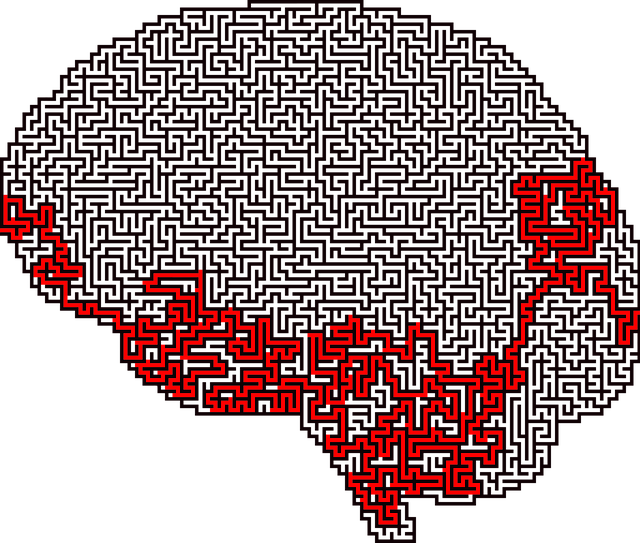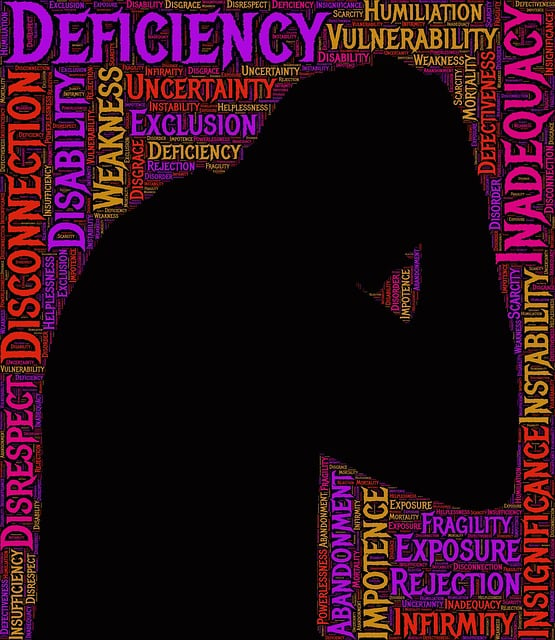Emotion regulation is a vital skill for individuals with Arvada Functional Neurological Disorder Therapy (AFNDT), enabling them to manage emotional responses and navigate daily interactions. Culturally sensitive mental healthcare practices, integrated with risk management planning and self-care, enhance safety and foster healthier emotional relationships. Identifying emotional triggers through culturally sensitive approaches equips clients with proactive emotion regulation strategies, leading to improved mental health outcomes. Tailored techniques like mindfulness and cognitive restructuring, coupled with self-care routines, significantly improve emotional regulation, enhancing overall well-being for AFNDT patients.
Emotion regulation techniques play a pivotal role in managing daily life challenges, especially for individuals dealing with Arvada Functional Neurological Disorder (AFND). Understanding and controlling emotions can significantly enhance overall well-being. This article delves into the intricacies of emotion regulation, offering insights on its impact, trigger identification, practical management strategies, and its integration into AFND therapy. By exploring these aspects, we aim to equip readers with effective tools for emotional resilience and improved AFND management.
- Understanding Emotion Regulation and Its Impact on Daily Life
- Identifying Triggers: Recognizing Patterns in Emotional Responses
- Practical Techniques for Managing and Modulating Emotions
- Integrating Emotion Regulation into Arvada Functional Neurological Disorder Therapy
Understanding Emotion Regulation and Its Impact on Daily Life

Emotion regulation is a vital skill that enables individuals to manage and modulate their emotional responses effectively. It plays a crucial role in navigating daily life, affecting how people interact with others, make decisions, and cope with stress. For those dealing with conditions like Arvada Functional Neurological Disorder Therapy (AFNDT), learning emotion regulation techniques becomes essential for improving quality of life.
Cultural sensitivity in mental healthcare practice is key when teaching these skills, ensuring that strategies are adaptable to diverse backgrounds and experiences. Additionally, risk management planning for mental health professionals can enhance safety while guiding clients through emotional challenges. Integrating self-care practices into the learning process empowers individuals to prioritize their well-being, fostering a healthier relationship with emotions in the long term.
Identifying Triggers: Recognizing Patterns in Emotional Responses

Understanding one’s emotional triggers is a powerful step in managing and regulating emotions effectively. This process involves recognizing patterns in how certain situations or stimuli evoke specific emotional responses. For individuals with Arvada Functional Neurological Disorder Therapy (FNT) or those seeking improved emotional well-being, identifying these triggers can be transformative. By closely observing their reactions to various events, people, or environments, they can start to pinpoint the initiators of strong emotions.
Cultural sensitivity in mental healthcare practice plays a significant role here. Healthcare providers equipped with cultural competency training can guide clients in this self-discovery process while ensuring a safe and supportive environment. This awareness allows for proactive emotional regulation, enabling individuals to develop strategies to navigate challenging situations more adaptively, ultimately fostering better mental health outcomes.
Practical Techniques for Managing and Modulating Emotions

Managing emotions effectively is a skill that can be cultivated through various techniques, especially when tailored to address specific needs. For individuals dealing with functional neurological disorders like those often seen in Arvada Functional Neurological Disorder Therapy, learning emotional regulation strategies is paramount for enhancing quality of life. One practical approach involves mindfulness training, which encourages staying present and observing emotions without judgment. This simple yet powerful method helps individuals detach from immediate emotional responses, allowing them to make more rational decisions.
Additionally, Coping Skills Development plays a significant role in emotion regulation. Techniques such as deep breathing exercises, progressive muscle relaxation, and cognitive restructuring enable individuals to confront and reframe negative thoughts. Incorporating these practices into daily routines, supported by Self-Care Routine Development for Better Mental Health, can significantly improve one’s ability to navigate emotional challenges. By combining these practical tools with professional guidance, individuals can better manage their emotions, leading to enhanced mental health and overall well-being.
Integrating Emotion Regulation into Arvada Functional Neurological Disorder Therapy

Integrating Emotion Regulation into Arvada Functional Neurological Disorder Therapy is a game-changer for patients navigating this complex condition. By incorporating strategies that target emotional control, therapists can empower individuals to manage their symptoms more effectively. This holistic approach recognizes the intimate connection between neurological function and emotional health.
The Arvada Functional Neurological Disorder Therapy program benefits from integrating techniques often explored in the Mental Wellness Podcast Series Production, such as mindfulness practices and Cognitive Behavioral Therapy (CBT) methods. These tools enable patients to develop communication strategies for expressing their emotions constructively and conflict resolution techniques to handle intense feelings. Ultimately, this integrated therapy fosters mental wellness by enhancing self-awareness, coping skills, and resilience in the face of neurological challenges.
Emotion regulation techniques offer a powerful tool in managing daily life, especially for individuals with functional neurological disorders. By understanding emotional responses and identifying triggers, one can employ practical strategies to modulate emotions effectively. Integrating these skills into Arvada Functional Neurological Disorder Therapy provides a comprehensive approach to enhancing emotional well-being and overall quality of life.














